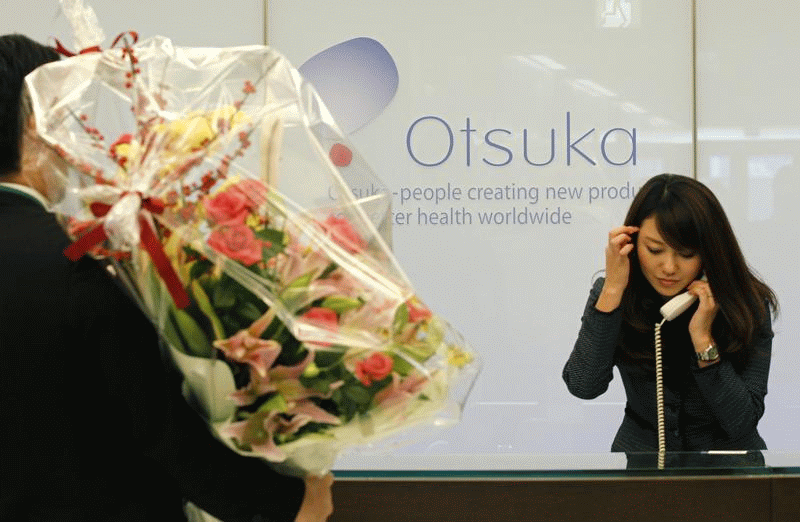OTSUKA PHARMACEUTICAL CO., LTD.’S recent $405-million acquisition of Vancouver plant-based foods manufacturer Daiya Foods Inc. celebrates British Columbia as a breeding ground for innovative natural food companies.
“This was a landmark transaction in the worldwide natural foods industry and represents one of the highest, if not the highest, dollar-value private acquisitions outside of the resource sector in B.C. this year,” says Ally Bharmal of Fasken Martineau DuMoulin LLP in Vancouver, which represented Daiya.
Daiya Foods products can be found in 25,000 stores across North America, as well as internationally. Otsuka Pharmaceutical Co., a wholly owned subsidiary of Otsuka Holdings Co., Ltd., is a Japanese-based global holistic healthcare company.
Daiya greatly expands Otsuka’s plant-based product portfolio in North America, while the deal provides Daiya with a partner that has expertise in consumer brands, R&D, manufacturing and global markets that Daiya products can leverage, Bharmal told DealsWire.
Daiya had grown rapidly since it was founded in 2008. In April 2016, Daiya’s board of directors, with Bharmal’s assistance, began considering strategic alternatives to maximize shareholder value. In early 2017, the board engaged Dan Oxenham and Janica Lane of Piper Jaffray — a North Carolina-based mid-market investment bank and asset management firm with expertise in M&As in the food and beverage industry — to launch an auction sale process. In line with its reputation for innovation, Daiya eschewed the traditional confidential information memorandum (CIM), instead holding a series of “fireside chats” with potential buyers.
“This produced an intimate experience that created the opportunity for dialogue and relationship building, all of which were key to the successful outcome,” Bharmal says.
The process proved to be highly competitive, producing four serious bids that required consideration of complex structuring and tax issues. Following a due diligence process and negotiations with several bidders, Daiya signed an arrangement agreement with Otsuka in late July.
The deal, which closed on August 31, produced significant value for Daiya’s 200 shareholders, who reaped a minimum of 30-fold returns.
“This was … a premium deal in the industry that featured a good alignment on value and a good cultural fit,” Oxenham says.
Indeed, the multiple of roughly 4.5x EV/Net Sales was well above the industry range of 2.5x – 3.5x that is seen in the majority of premium-branded food transactions, with the exception of outliers that generally involve highly consumable foods like snacks, which typically trade at higher prices.
The transaction proceeded by way of plan of arrangement, a process rarely seen in acquisitions in the private sector.
“When you have 200 or more shareholders like Daiya did, the whole deal can be stalled by a host of issues including administrative ones,” Bharmal says. “It made more sense to go through the plan of arrangement process even though it involved shareholder meetings, circulars and court approval.”
While that may perhaps be easily understandable to those familiar with Canadian law, Catherine Qi of Baker & McKenzie LLP in Toronto faced the challenging task of explaining nuances of this kind to her firm’s Japanese client. She did this by working with lead counsel Jeremy White, Mami Ohara and Yoshitomo Matsuura in Baker & McKenzie’s Tokyo office.
“When you’re dealing with two languages and two legal systems, that is a lot to explain to a Japanese client,” Qi says.
At Daiya’s request, the transaction also featured buyer-side representation and warranty insurance to provide coverage for breaches of the seller’s representations and warranties discovered post-closing. This type of insurance is prevalent in the US but less so in Canada. Bharmal and his teams were tasked with drafting and negotiating the indemnification and liability limitation terms.
“In most cases of this kind in Canada, about 10 to 15 percent of the purchase price is held in escrow, but we were able to arrive at a much lower holdback, which was a very good thing for both Daiya and its shareholders,” Bharmal says.





